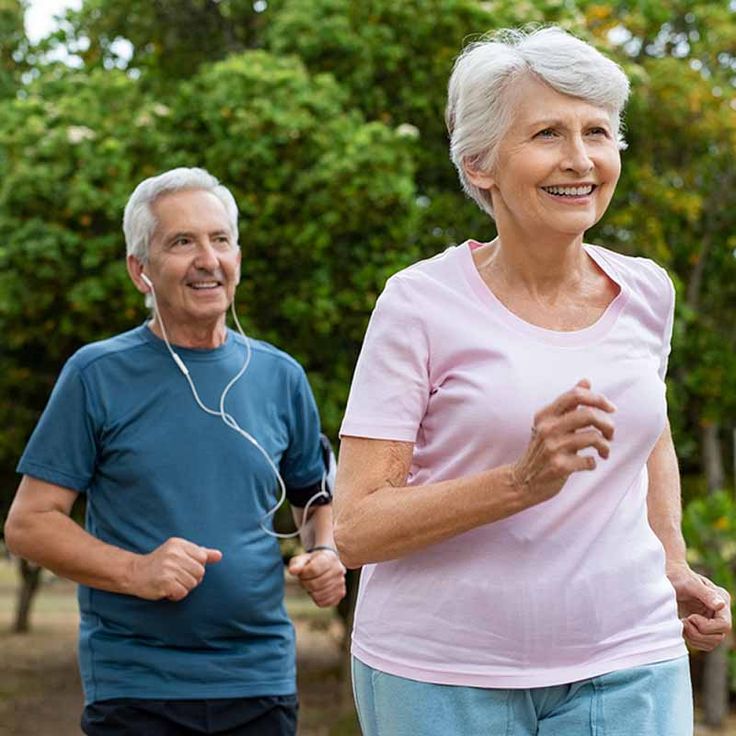
Anti-Aging Diet For Longevity, Imagine this: In their 50s, two friends, Sarah and Tom, view aging differently. While Tom keeps to processed meals and sweets, Sarah welcomes a diet high in vibrant veggies, omega-3 fats, and antioxidants.
Ten years forward, Sarah feels and looks years younger than Tom. Is there actual science supporting the theory that eating can slow down aging, or was it just chance?
Despite the lack of a true “fountain of youth,” studies reveal that our diet significantly influences our aging process. At the molecular level, some eating patterns can increase lifespan, guard against age-related disorders, and even undo symptoms of aging.
Let’s explore the scientifically supported techniques for eating your way to a longer, better life.
Diets claiming age reversal, keto, paleo, Mediterranean, and fasting patterns, abound on the internet. Which ones, though, really make sense? Science informs us as follows:
Mediterranean diet: Packed in olive oil, almonds, seafood, and fresh vegetables, this diet is connected to lower inflammation, longer telomeres, the protective caps on your DNA, and better heart health.
Calorie restriction & fasting: Studies reveal that calorie restriction and intermittent fasting promote cellular repair, increase autophagy, the body’s recycling mechanism, and therefore improve metabolic health.
Vegetarian diets: A diet heavy in plant-based foods improves intestinal health, lessens oxidative stress, and lowers chronic disease risk.
Blue zone eating: People living in the lifespan hotspots in Loma Linda, Sardinia, and Okinawa follow diets heavy in whole foods, moderate protein, and high fiber, therefore demonstrating the need for balance.
Note: The ideal diet minimizes processed junk and stresses whole, nutrient-dense meals.


Anti-Aging Diet For Longevity, Aging is like inside-out rusting. Free radical-caused oxidative stress accelerates cellular damage. Luckily, antioxidants fight this process.
Vitamin C and E: Found in citrus fruits, nuts, and seeds, these vitamins balance damaging free radicals.
Polyphenols: Found in dark chocolate, green tea, and berries, polyphenols guard cells from aging-related harm.
Resveratrol & curcumin: Benefits in longevity have been associated with turmeric’s curcumin and red wine and grape’s resveratrol.
Straightforward habit: Change your afternoon snack for a handful of berries and some dark chocolate; you are essentially eating your way to youth!
One of the most common misconceptions regarding aging is that we inevitably grow less strong. What is the real truth? Muscle loss is preventable; it is not unavoidable.
We begin sarcopenia, the process of losing muscle mass at a rate of 3-8% every decade, after the age of thirty. Along with decreased metabolism and fragility, this loss raises a fall and fracture risk.
Our bodies lose their efficiency in processing proteins as we become older. Eating beneficial protein, salmon, eggs, beans, helps preserve muscle mass.
Found in dairy, chicken, and legumes, this amino acid fuels muscle protein synthesis.
Combining diet with resistance training preserves lean muscle, raises metabolism, and enhances general health.
For a start to the day that will build muscles, toss Greek yogurt and nuts on your breakfast.
Trillions of bacteria call your gut home and affect everything from digestion to brain activity. An unhappy gut can hasten inflammation and aging.
Probiotics and prebiotics: Such as kimchi, yogurt, sauerkraut, and fermented foods, promote a healthy gut flora.
Dietary fiber rich: Vegetables, lentils, and whole grains feed helpful microorganisms and lower inflammation.
Water: Water stops early aging and keeps digestion flowing freely.
Connection between gut and brain: By affecting neurotransmitters like serotonin, a healthy gut helps to maintain mental clarity and emotional well-being.
Diversity is fundamental: Eating a range of plant-based foods supports a varied and strong microbiota.
Guideline: For a probiotic-rich smoothie (yogurt, banana, and flaxseeds) to keep your gut and skin glowing in the morning.


Unlike earlier diet fads, fats are vital for cognitive function, hormonal balance, and young-looking skin.
Omega-3s: Omega-3s, which abound in walnuts, flaxseeds, and fatty fish, lower inflammation and guard against cognitive loss.
Fats classified as monounsaturated: Such as avocados, olive oil, and nuts, support heart function and bright skin.
Moderately saturated fats: One can have a balanced diet including sources like coconut oil and grass-fed butter without compromising health.
The significance of cholesterol: Healthy cholesterol is essential for maintaining cell membrane integrity, generating hormones, and promoting longevity.
Avoid trans fats: Trans fat processed meals speed up cellular aging; avoid margarine and choose better substitutes.
Simple shift: When cooking, use extra virgin olive oil for vegetable oil; nibble on nuts rather than chips.
Anti-Aging Diet For Longevity, Two usually disregarded lifestyle choices have a big influence on aging: sleep and water.
Maintaining skin suppleness, facilitating digestion, and helping eliminate toxins all depend on being hydrated. All symptoms of early aging, dull skin, cognitive fog, and joint pain, can result from dehydration.
Not only about drinking water; keeping electrolyte balance with potassium (bananas, avocados) and magnesium (almonds, leafy greens) helps your body retain hydration efficiently.
The body repairs cells, adjusts hormones, and slows down aging while deep sleep is underway. Higher cortisol levels, a stress hormone, are related to inadequate sleep, speeding aging and weight increase.
Natural light during the day and minimizing blue light at night (from phones and screens) helps melatonin generation, guaranteeing peaceful sleep.
Pro tip: A nightly ritual including herbal tea and mild stretching might help greatly improve sleep quality.
Unambiguous research indicates that making wise dietary choices can significantly slow down aging, but it is not possible to completely prevent it. You are preparing yourself for a longer, better life by emphasizing nutrient-dense foods, giving gut and muscular health top priority, and keeping hydrated and rested.
The best thing is that these adjustments call for non-extreme actions. One little habit that can really change things is substituting nutritious foods for processed ones, increasing antioxidants, or obtaining an additional hour of sleep.
What, then, is the first anti-aging meal you should be including on your plate right now?
